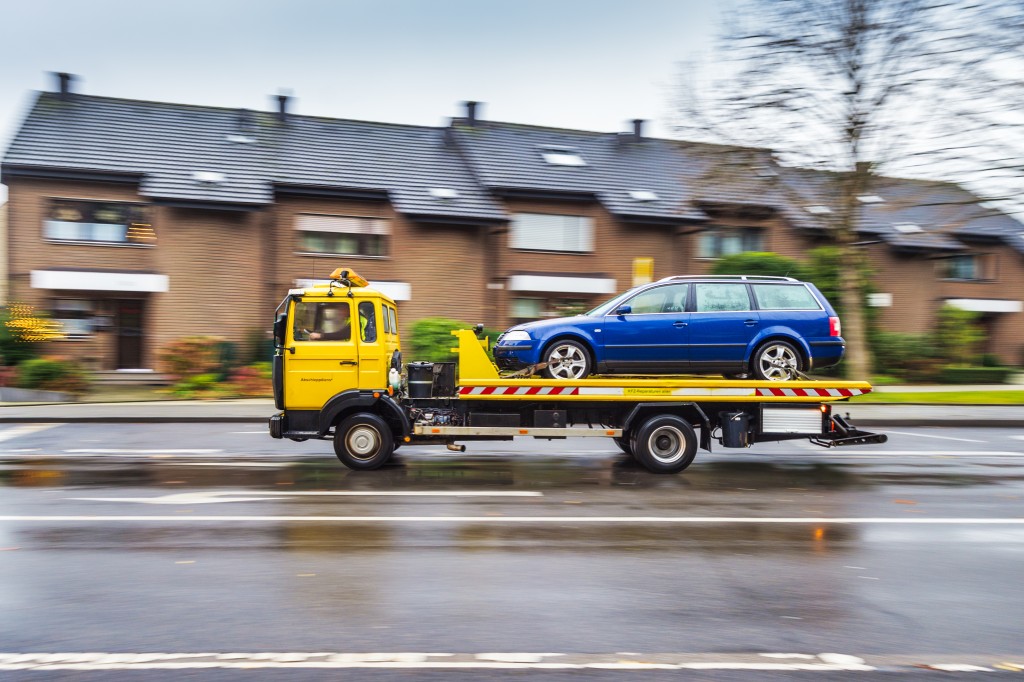It’s no surprise that truck accidents are some of the most deadly types of road crashes. You are, after all, dealing with 18-wheelers. Things get even more delicate when towing is involved.
If you’ve been driving for some time, you might be aware of the dangers of towing. One of the biggest risks associated with hauling is an incident called jackknifing. When this happens, your safety and the safety of everyone around you are compromised.
Jackknifing occurs when your vehicle skids after losing traction and moves in a different direction than your trailer. Picture this: you’re traveling smoothly down the motorway when your vehicle starts skidding towards the left. As your trailer continues to drag forward, your hitch doesn’t just skid but spins and crashes into the trailer.
As a result, the trailer crashes forward and veers off the road, slides to a different lane, or worse, collides into oncoming traffic.
Stay safe and avoid jackknifing by following these simple rules:
Ensure Proper Payload
One major cause of jackknifing is poor balance. Distribute items inside the trailer so the weight is spread properly. Too little weight can also lead to jackknifing, so make sure the cargo is properly weighted before departing. ;
Check the Weather
Loss of traction is another major cause of jackknifing. If rain is common in your area, monitor weather patterns before heading out. Rain doesn’t only affect the quality of traction, it also reduces visibility.
If you’re not comfortable driving in the rain and can afford to delay your trip, wait until the weather improves. There’s no reason to risk your safety if driving on wet roads isn’t absolutely necessary.
Double Check Tires and Brakes
Faulty tires and brakes can increase the risk of jackknifing. Make sure your tires are properly inflated and your brakes are in top condition before leaving your trailer or RV dealership.
Go Below the Speed Limit
It’s imperative to follow the speed limit each time you head out the road. But when you’re driving a trailer, keep your pace steady and slow. It increases your reaction time to different factors, like reckless drivers, unexpected traffic, or unpredictable road conditions. ;
The standard speed limit on the motorway is 70mph, but that’s when you’re not chugging along with a trailer and there are no roadworks to slow you down.
When towing, the fastest you can go is 60mph. We’ll admit it’s not the best feeling to drive 10mph slower than other drivers around you, but having a slower pace keeps your and your caravan safe.
Checking, Braking, Turning

Constantly check your side and rearview mirrors to monitor payload sway. When you press on the brakes, the trailer can sway and your vehicle can jackknife. Release the brake to increase the traction and get back in the right direction.
You can also prevent jackknifing by slowing down ahead of time before making any turns. Never turn and brake at the same time. Brake gently and avoid sudden maneuvers.
Not everyone has towing experience, but this shouldn’t stop you from bringing your belongings along your trip. As long as you understand and respect basic road guidelines, you should cruise along the highway just fine.







